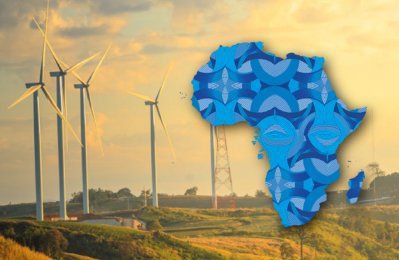Africa’s Sustainable Development Goals (SDGs) necessitate an additional $1.6 trillion by 2030, equivalent to $194 billion per year. The 2023 edition of African Development Dynamics emphasizes the need for African governments and their partners to enhance investor information, strengthen African development finance institutions, and promote regional projects to attract more and better investments and bridge this financial gap.
The continent’s economic are positive, with projected real GDP growth of 3.7% by 2023, returning to pre-Covid-19 levels. Africa’s youthful population, with half aged 19 or younger, and an anticipated increase in the proportion of young people completing higher education to 34% by 2040, make it an attractive investment destination. Additionally, Africa’s natural capital, accounting for 19% of its total wealth, presents significant opportunities for sustainable development, such as its forests acting as carbon sinks.
However, the global crisis has disproportionately affected investment in Africa, with its share of global greenfield FDI dropping to 6% in 2020-21, the lowest in 17 years. The cost of capital in Africa is also higher, deterring investment in renewable energy and leading some governments to withdraw from bond markets. Nonetheless, the sustainable financing gap is bridgeable, amounting to less than 0.2% of global financial assets or 10.5% of Africa’s financial assets.
To address these challenges, the report suggests several priorities. African national statistical agencies should improve data for national risk assessment, while investment promotion agencies and regulators should provide detailed and up-to-date information in a user-friendly format. The international community should allocate more resources to boost the capital and capacity of African development finance institutions, particularly in climate adaptation. African governments and regional organizations should expedite cross-border initiatives, support small and medium-sized enterprises, and implement the investment protocol of the African Continental Free Trade Area (AFCFTA).
The report also highlights strategic areas for sustainable development investment in different African regions: renewable energy in Eastern and Southern Africa, monetization of natural ecosystems in Central Africa, climate finance and agriculture in North Africa, and food value chains in West Africa.



